Depression
Depression should not be taken lightly or dismissed.
With experts estimating that 1 in 10 individuals over the age of 18 have some sort of form of depression, totaling over 15 million people in the U.S., it is easy to see why this has become a massive public health issue. During the course of an individual’s lifetime, there is a 17% chance that a person will experience some sort of a major depressive episode. However, the good news is that treatment of depression is effective for most people, and usually allows those who have been affected to increase the quality of their daily lives.

What is Depression?
There are three types of depression, including major depression, persistent depressive disorder (PDD), and bipolar disorder.
Major Depression
Major depression is classified as a prolonged period of sadness that lasts a minimum of 2 weeks or longer, in which a person can have intense sadness, and/or feel hopeless, helpless, and worthless. Generally speaking, a two-week period or longer of severe sadness is an indication that someone may be depressed, and should be looked into for further study and examination.
Persistent Depressive Disorder
Persistent Depressive Disorder (PDD) is a form of depression that last for at least 2 years. PDD is less severe than major depression, but the symptoms are very similar, if not the same as major depression, in that they can significantly impact an individual’s daily life.
Bipolar Disorder
Bipolar disorder is a form of depression and it is classified as experiencing severe mood swings. A person with bipolar disorder usually swings from being extremely happy, and then eventually experiences severe sadness, anger or depression the next. The changes can come quickly or can be spaced out days at a time.
Common symptoms of Depression
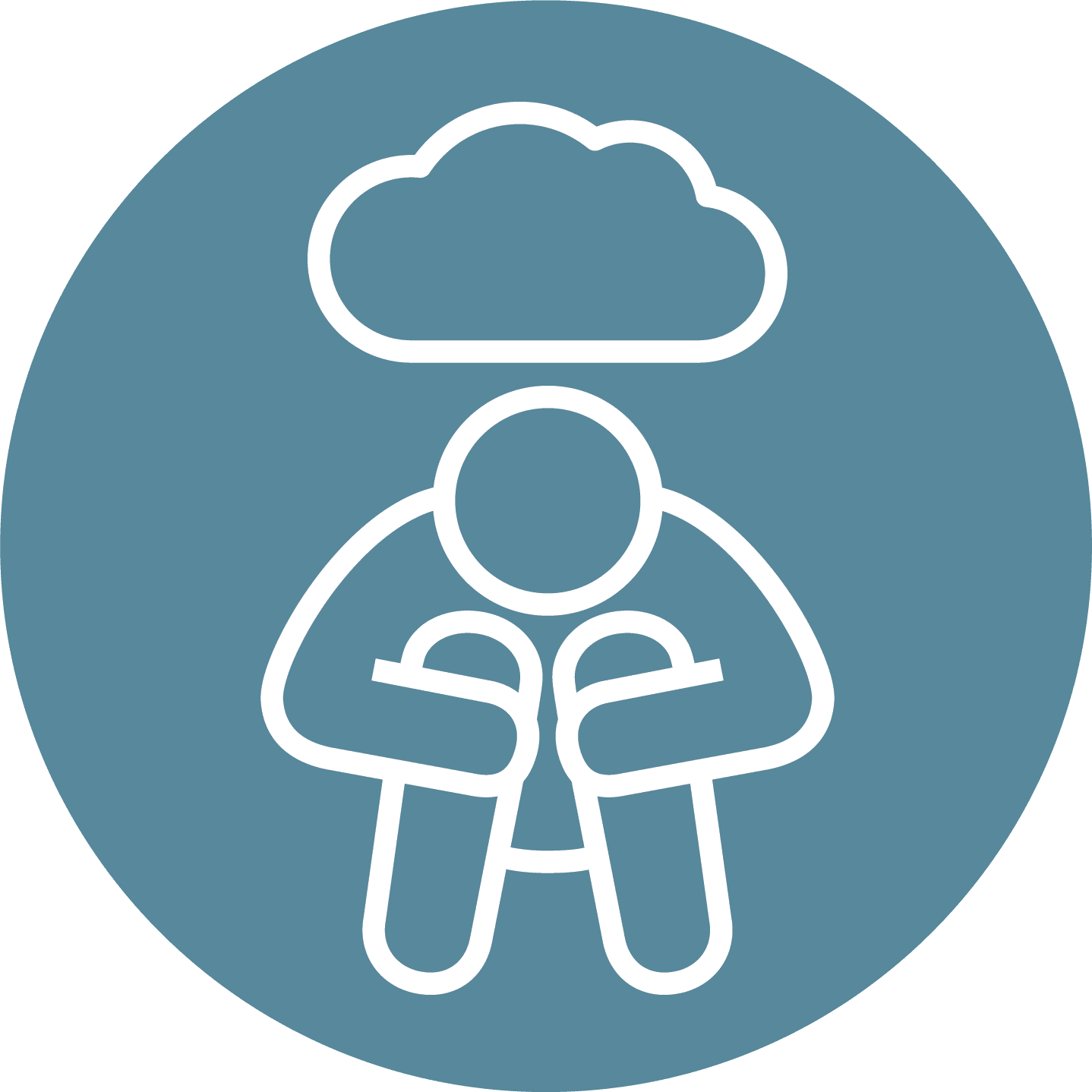
Extended periods of sadness (over 2 weeks)

Overeating of loss of appetite
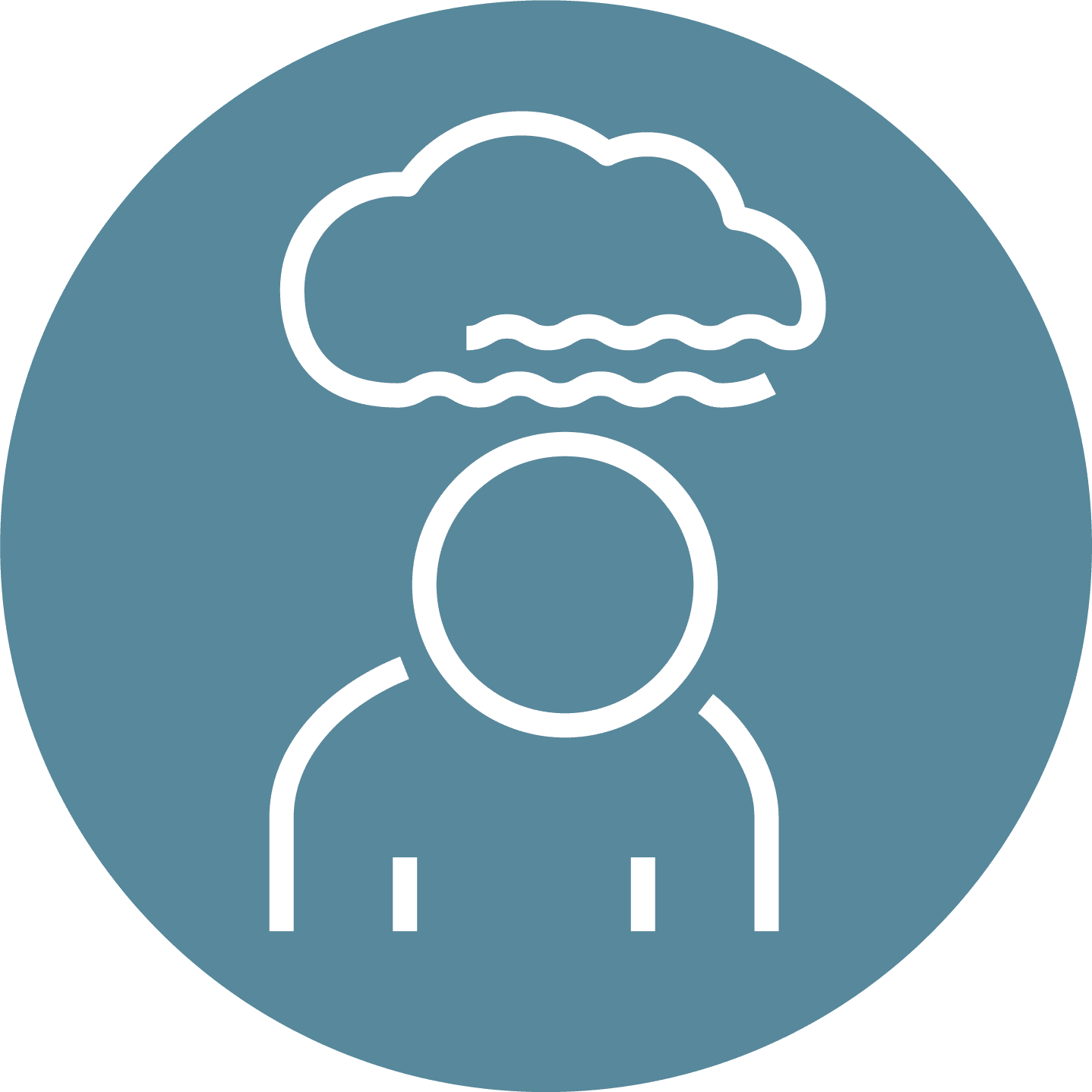
Cannot find happiness in things that once brought one joy, including sex
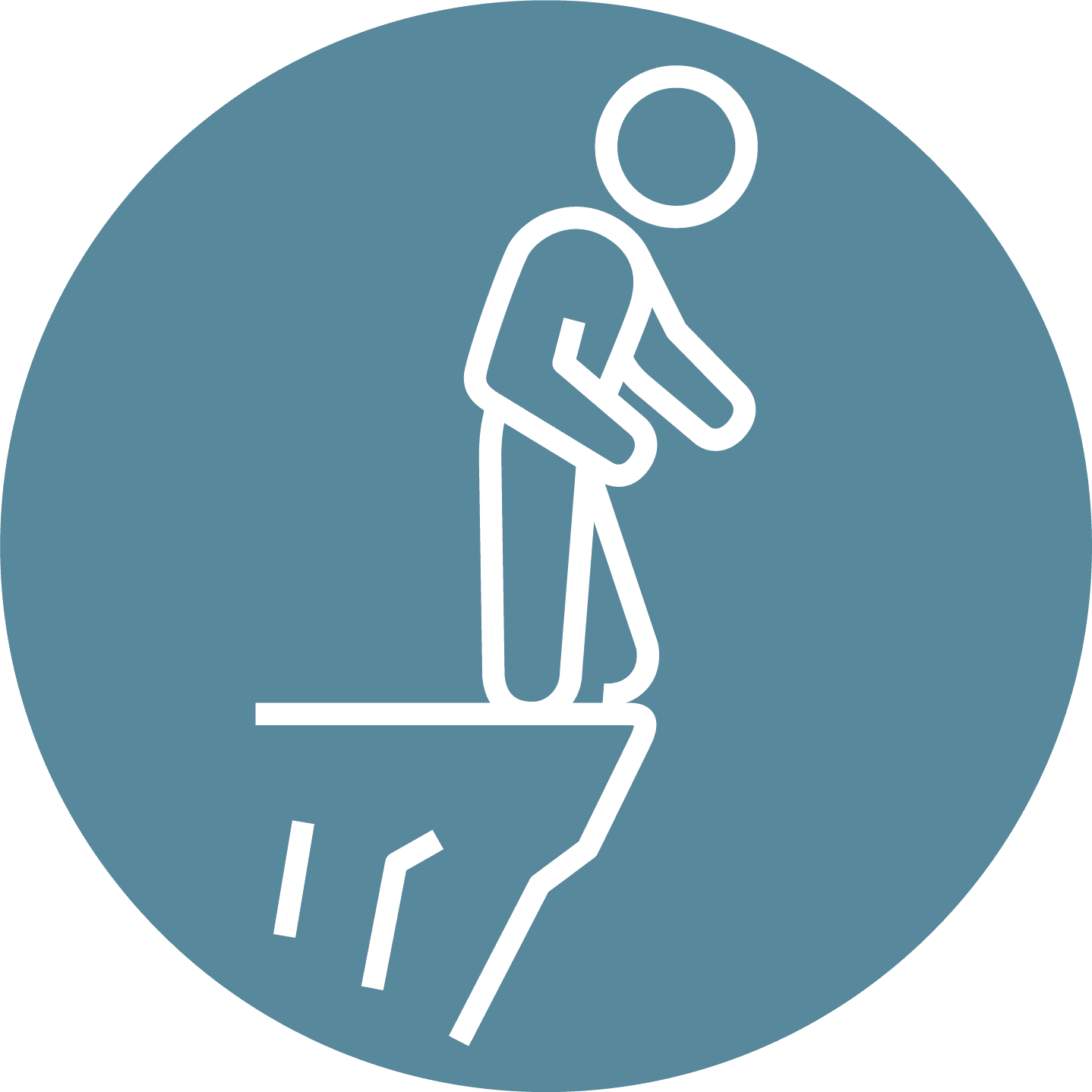
Thoughts or attempts of suicide
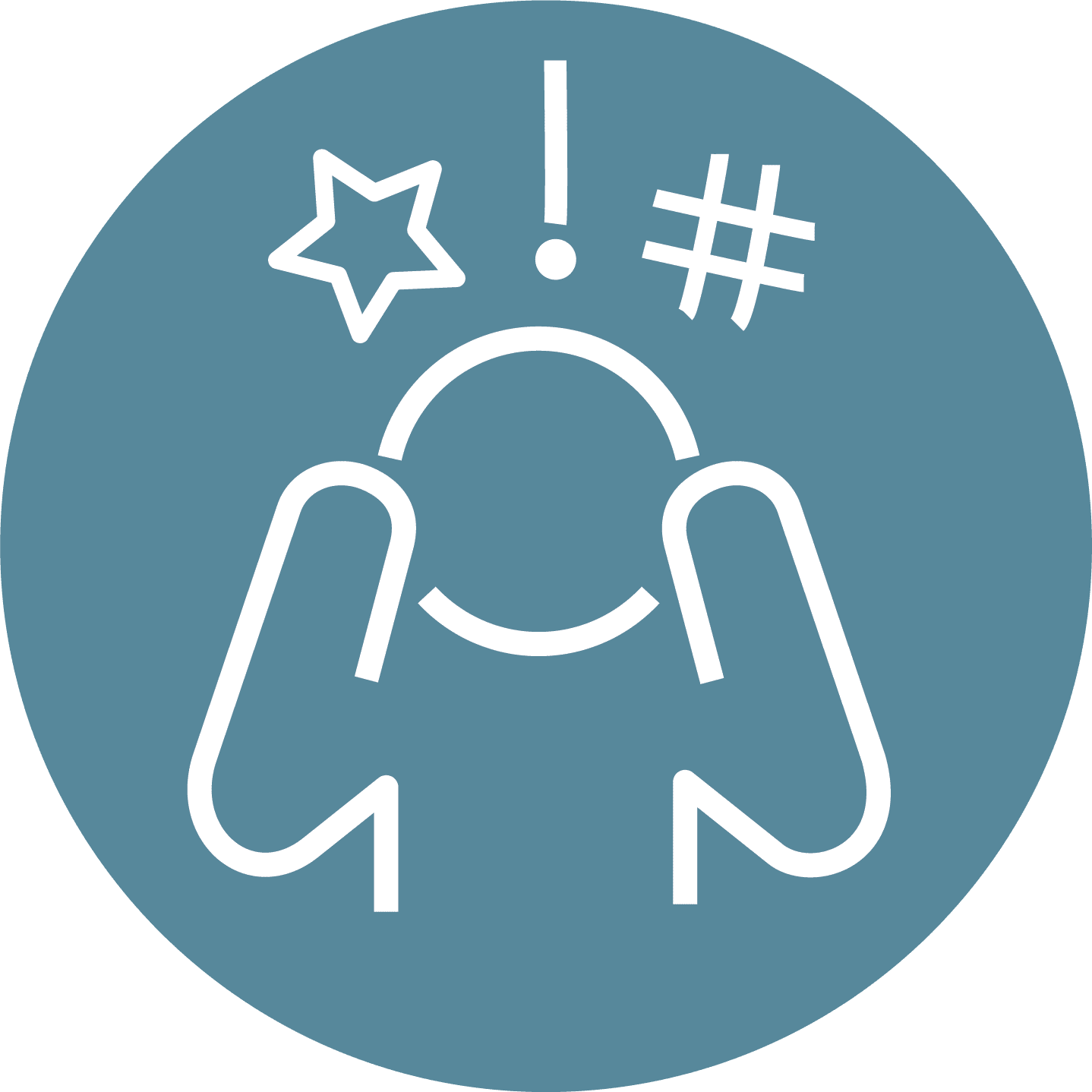
Restlessness or irritability
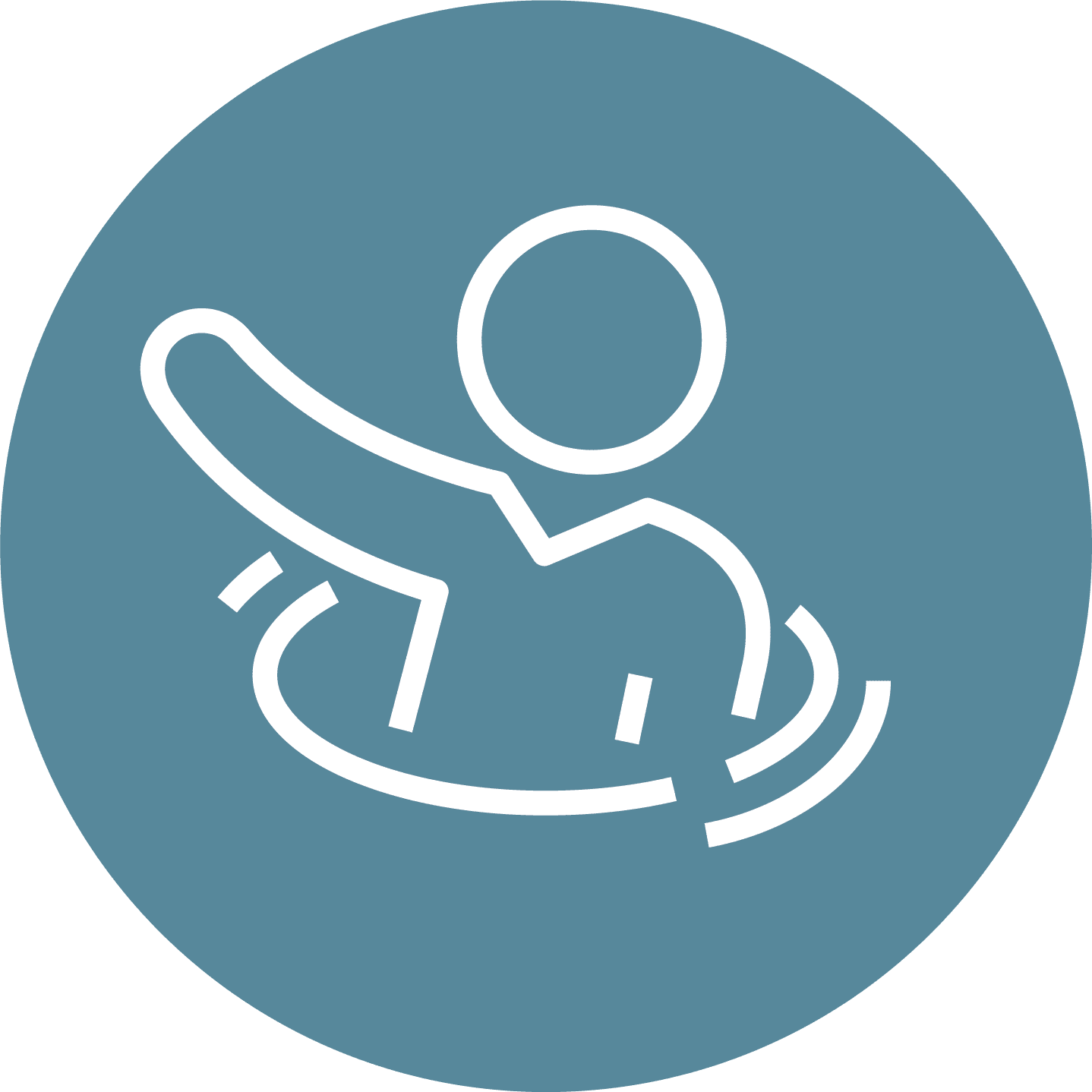
Pessimistic thoughts or feelings of hopelessness

Insomnia
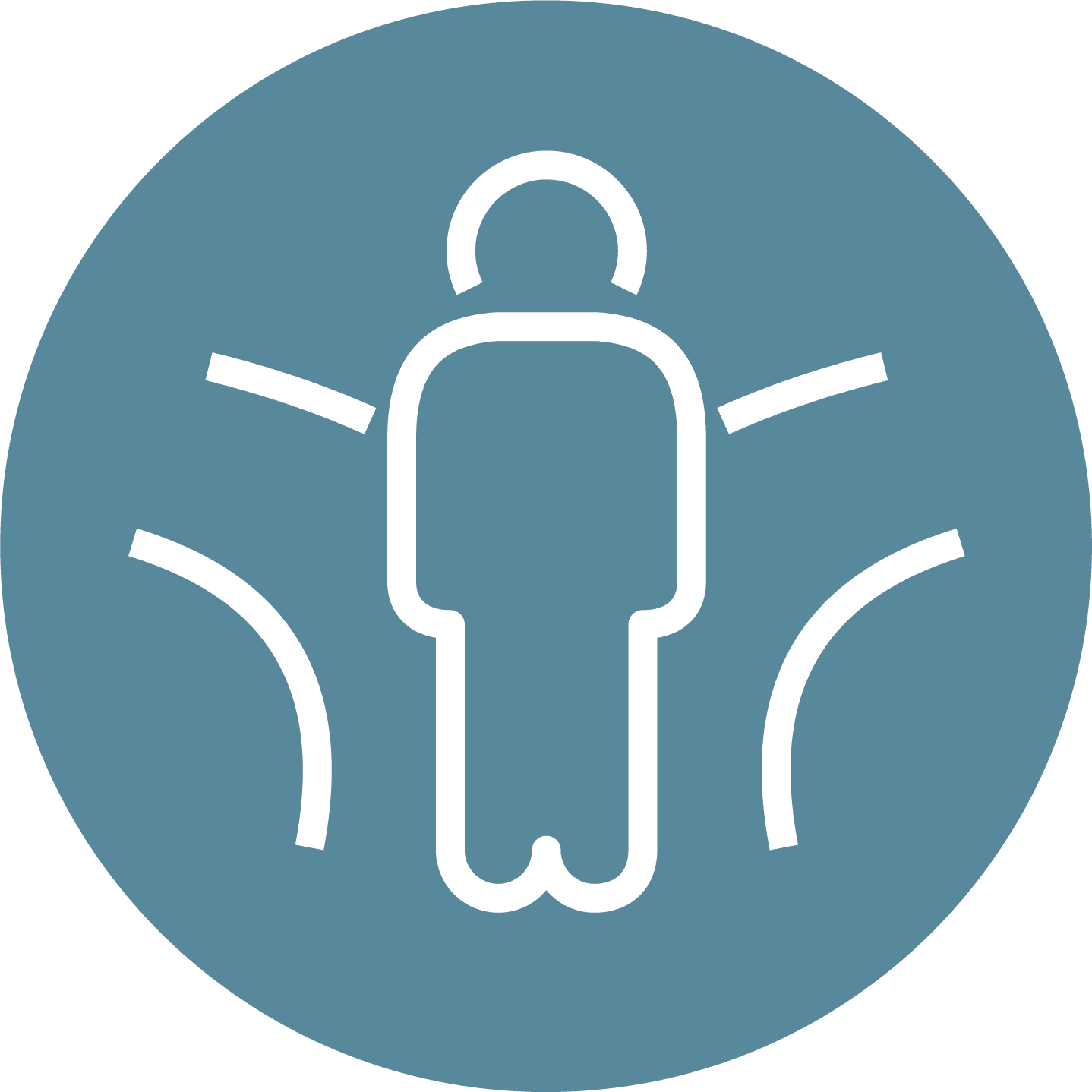
Unable to make decisions or to focus
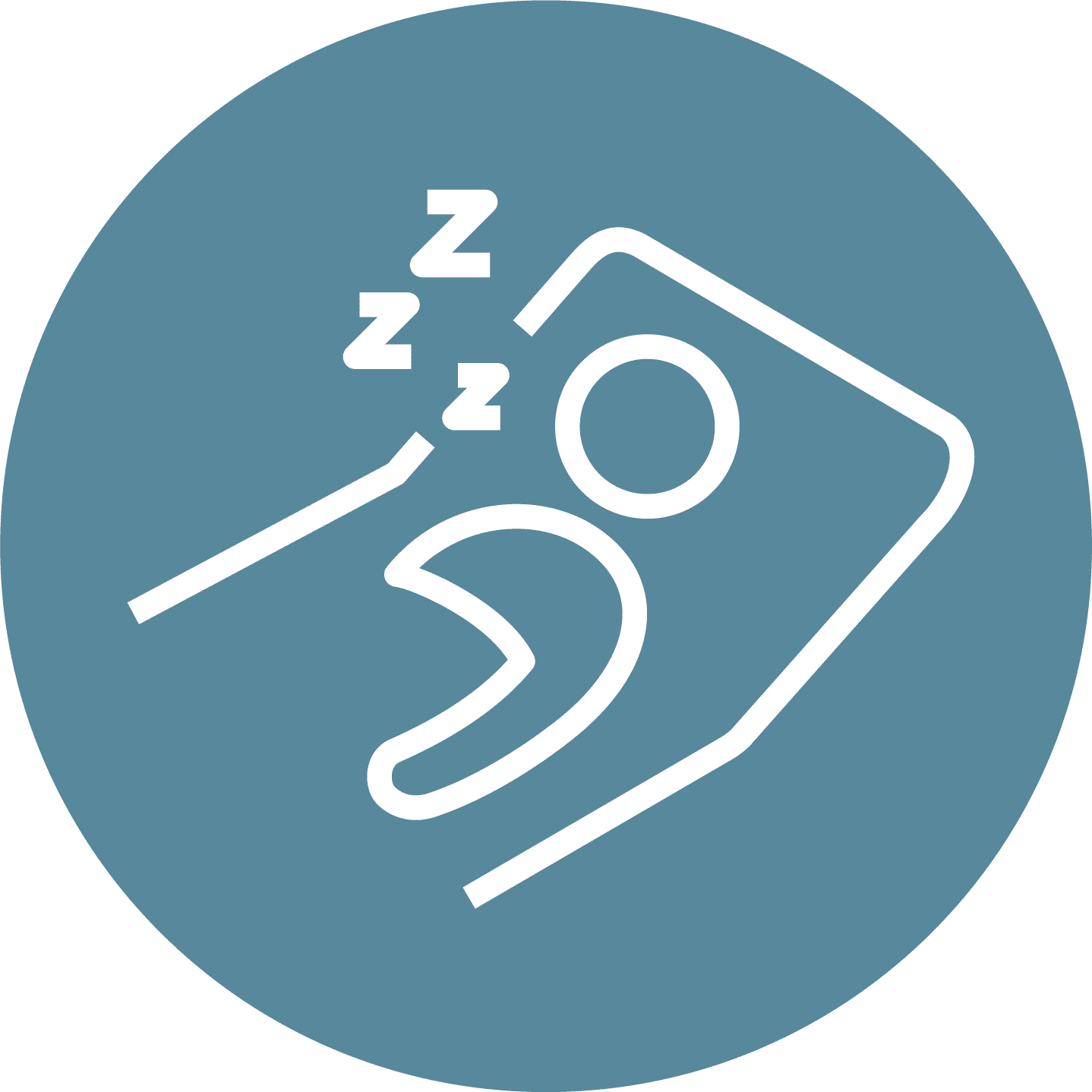
Decreased energy or fatigue; excessive sleeping

When To Get Help for Depression
While there may usually be one event that causes Depression, it is generally a combination of environmental, biological, genetic, and psychological factors. Depressive episodes can be caused by situational events such as a loss of a loved one, relationship problems, divorce, the loss of a job, financial trouble, personal trauma, social pressures, and other instances that can affect a person’s overall well-being. Depression also has a strong genetic link, but it can also happen to those who have no family history of depression depending on their environment and experiences.

